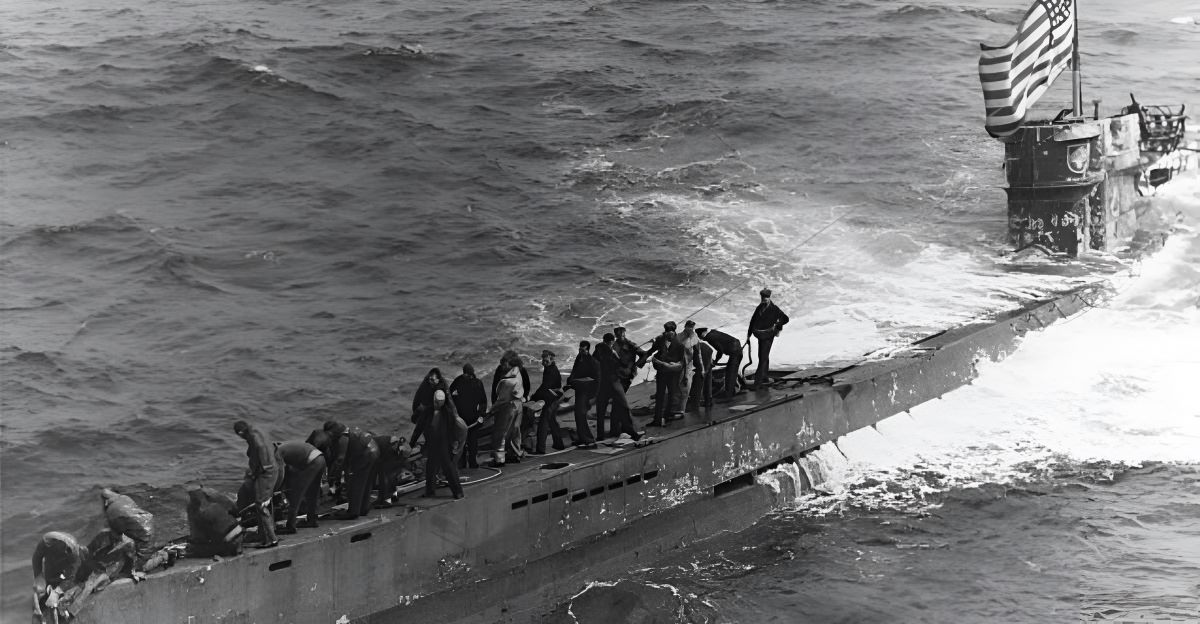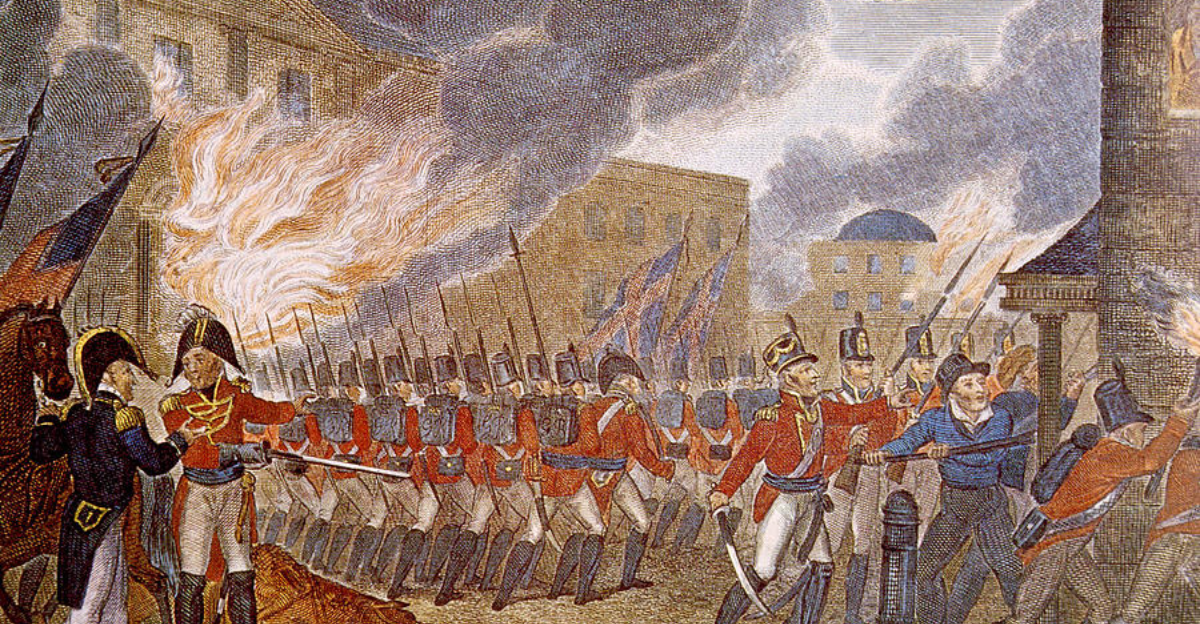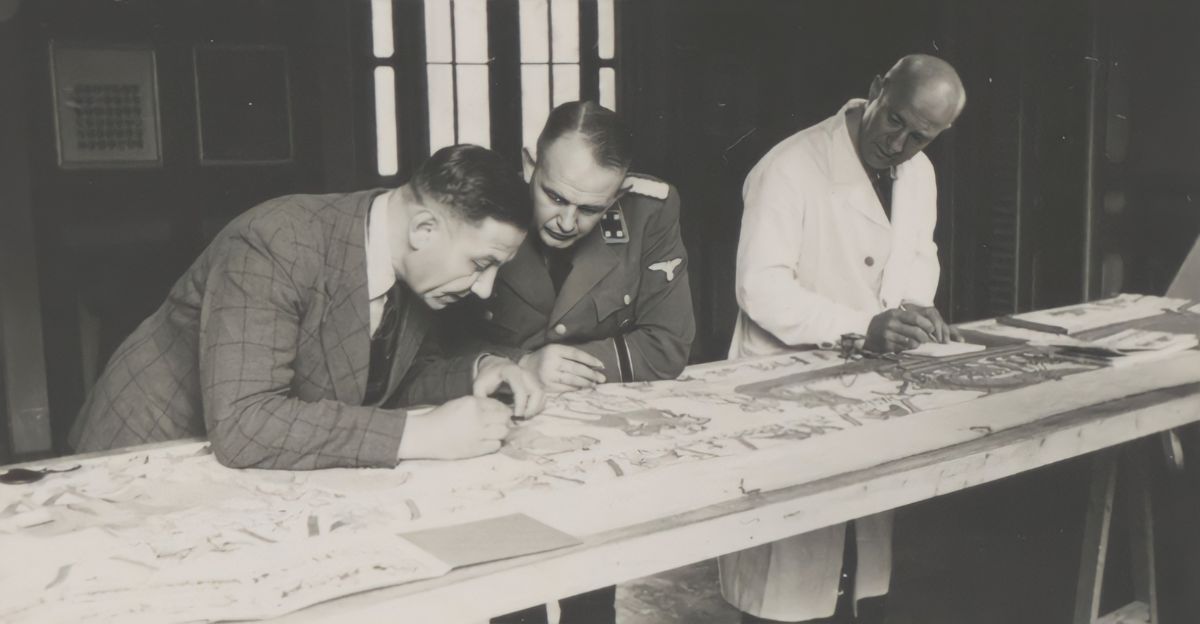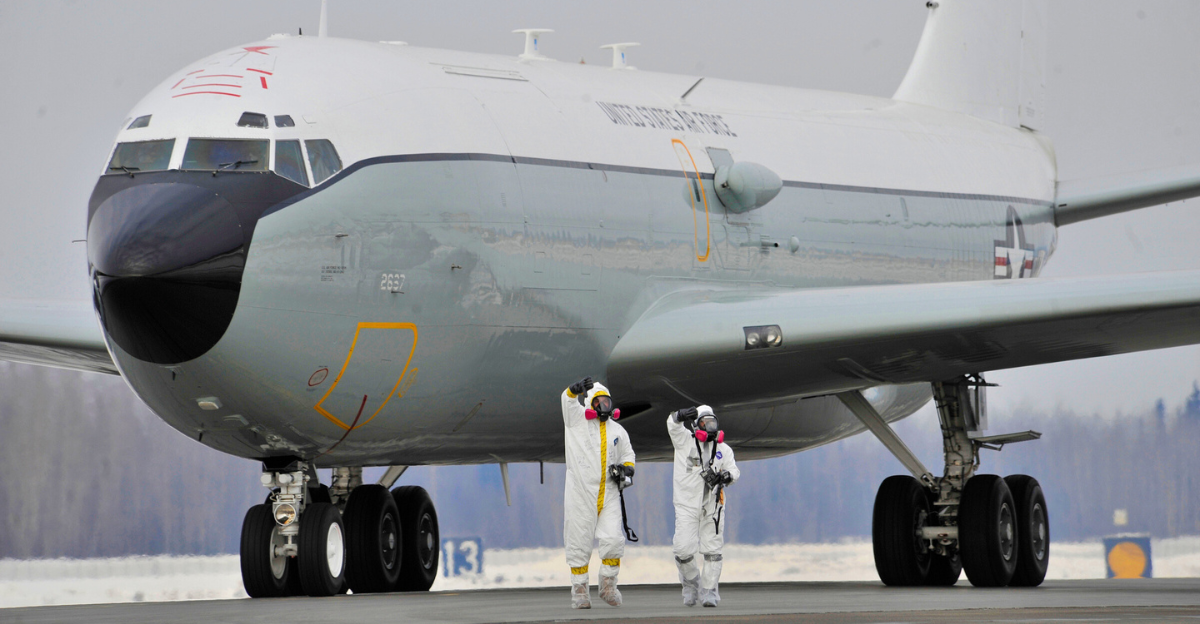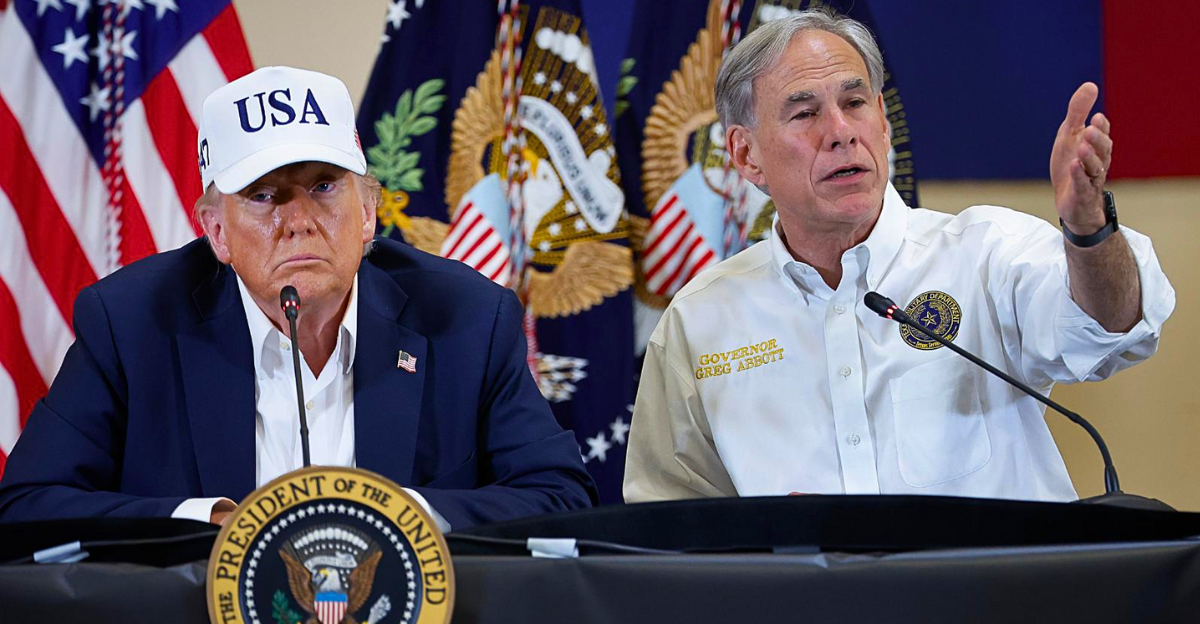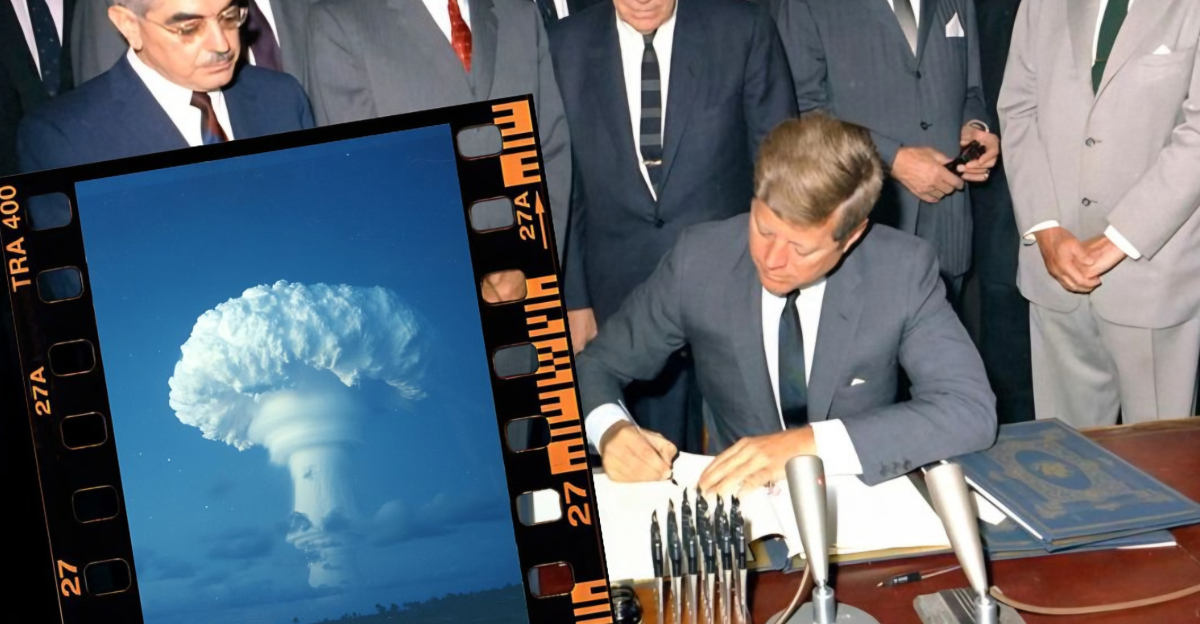
Congresswoman Marjorie Taylor Greene recently reignited controversy by claiming a link between President John F. Kennedy’s assassination and his opposition to Israel’s nuclear program. Her statements emerged amid heightened tensions between the US, Iran, and Israel, particularly following US strikes on Iranian nuclear sites.
Greene suggested that JFK’s stance against Israel’s nuclear ambitions may have led to his assassination and questioned whether she and former President Trump faced similar dangers for criticizing Israel. This claim has sparked widespread debate and backlash, highlighting the importance of critically examining such assertions with factual evidence. Understanding the historical context of JFK’s presidency, US-Israel relations and the origins of conspiracy theories is essential to distinguishing fact from speculation in this sensitive geopolitical matter.
Background on JFK’s Assassination
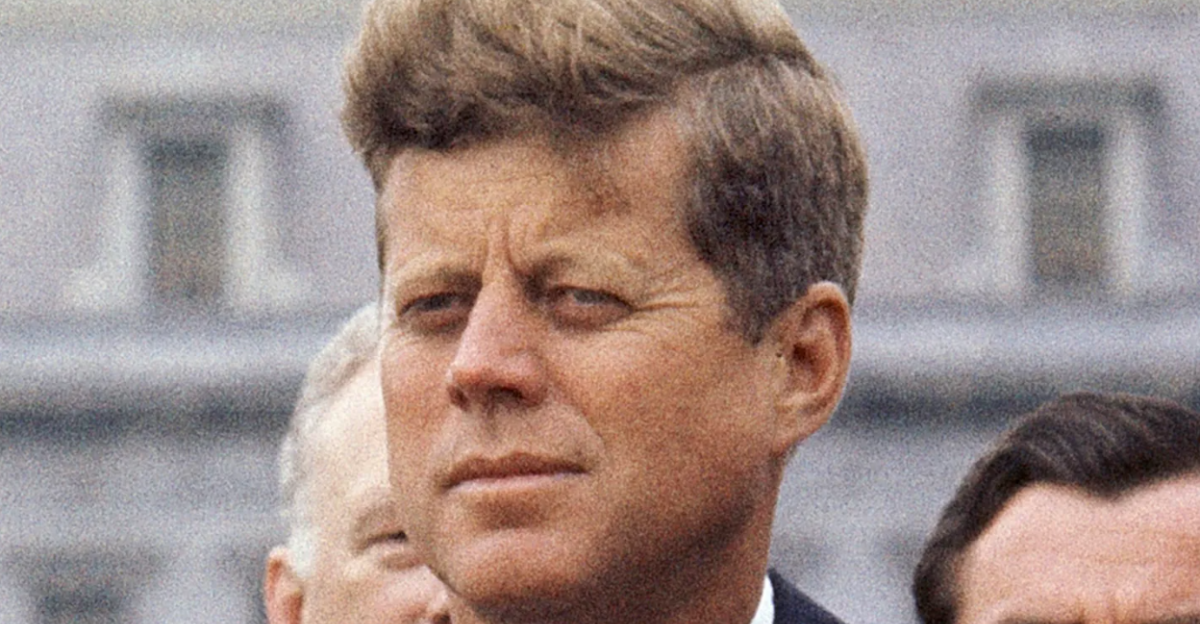
John F. Kennedy was assassinated on November 22, 1963, in Dallas, Texas, an event that shocked the world. Official investigations, notably the Warren Commission, concluded that Lee Harvey Oswald acted alone in killing the president. Despite this, JFK’s assassination has been fertile ground for numerous conspiracy theories fueled by inconsistencies in evidence and political intrigue.
Over the decades, theories have implicated various entities, but no conclusive proof has emerged to overturn the official narrative. The enduring mystery continues to captivate public imagination and invites scrutiny of all claims related to the event.
JFK’s Opposition to Israel’s Nuclear Program
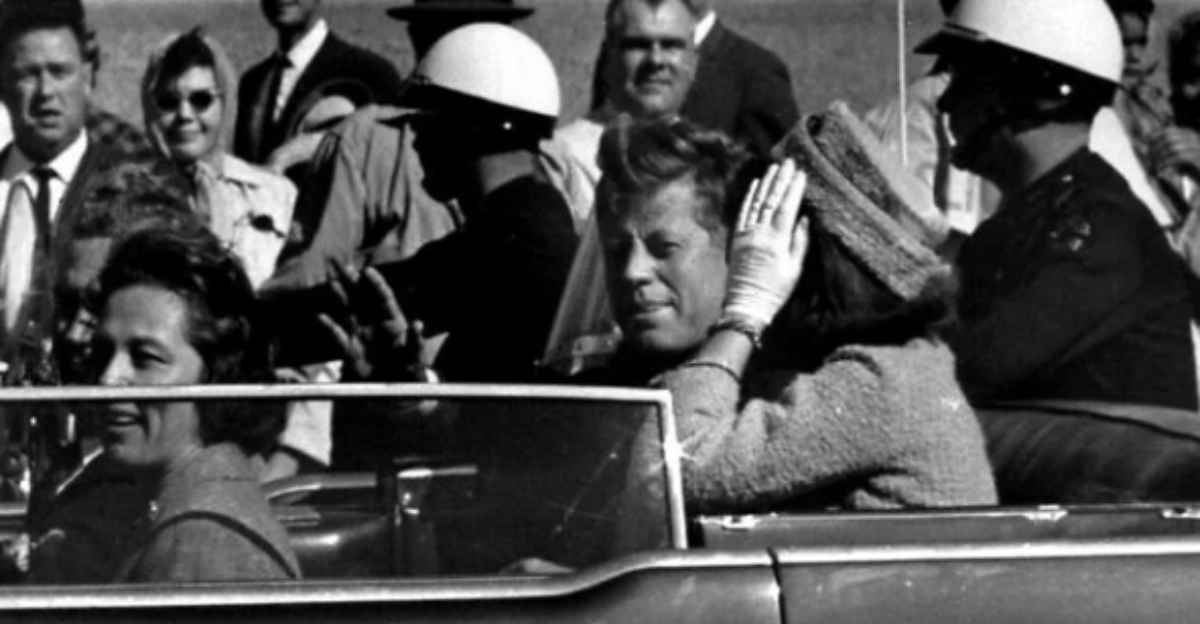
During his presidency, JFK expressed concerns about nuclear proliferation, including Israel’s secretive nuclear program centered on the Dimona reactor. Declassified documents reveal that Kennedy’s administration pressured Israel for inspections to ensure peaceful use of nuclear technology. Tensions arose as Israel resisted complete transparency, fearing exposure of its nuclear ambitions.
JFK’s stance was part of a broader US policy to limit nuclear weapons spread, reflecting Cold War anxieties. These historical facts establish a documented friction between JFK and Israeli leadership over nuclear oversight in 1963.
Israel’s Nuclear Ambiguity
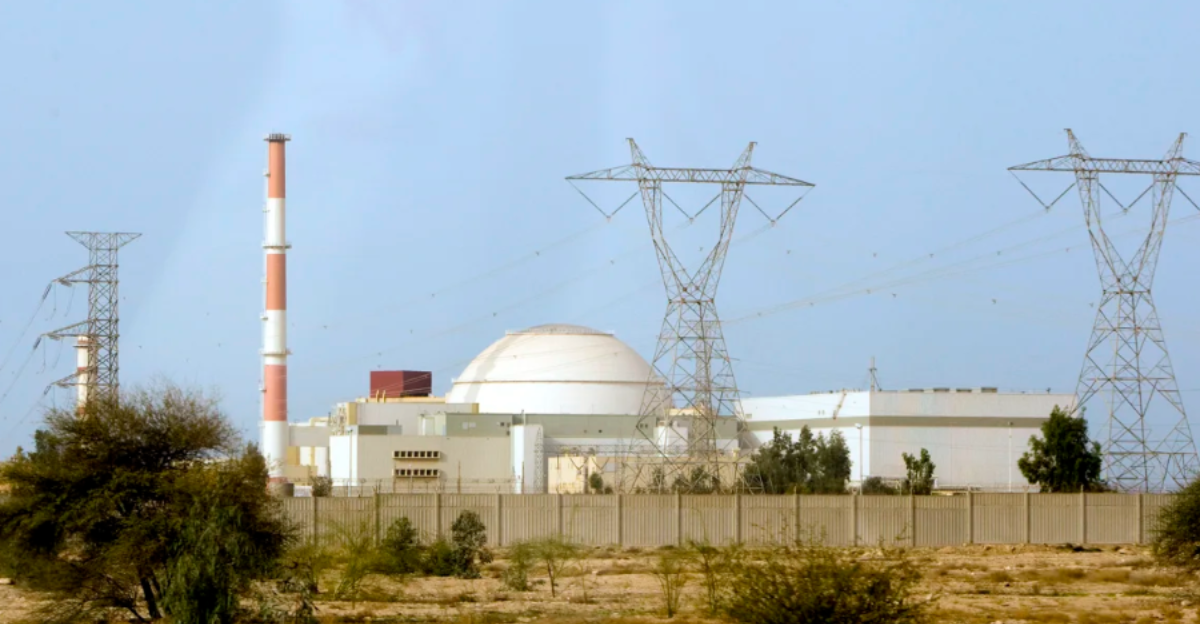
Israel maintains a policy of deliberate ambiguity regarding its nuclear arsenal, neither confirming nor denying possession of atomic weapons. Intelligence estimates suggest Israel possesses dozens of warheads, but the country avoids formal acknowledgment to preserve strategic deterrence and diplomatic flexibility.
This ambiguity fuels regional tensions and complicates international nonproliferation efforts. The sensitive nature of Israel’s nuclear capabilities makes it a complex subject in US foreign policy and global security discussions.
Marjorie Taylor Greene’s Claim

Marjorie Taylor Greene publicly suggested on social media that JFK’s assassination was linked to his opposition to Israel’s nuclear program. She implied a causal relationship without presenting evidence, stating, “There was once a great President that the American people loved. He opposed Israel’s nuclear program. And then he was assassinated.” Greene further questioned if she and former President Trump face similar threats for criticizing Israel amid current US-Iran-Israel tensions.
Her statements have been widely criticized as speculative and inflammatory, stirring renewed debate over JFK’s death and US foreign policy.
Reactions and Criticism

Greene’s assertions have drawn sharp backlash from media, politicians, and experts who label her claims as conspiracy theories lacking credible evidence and potentially antisemitic. Fox News host Mark Levin publicly disputed Greene’s statements, calling them “stupid” and warning her she was “on [his] radar.”
Critics argue that linking Israel to JFK’s assassination revives harmful tropes and distracts from verified historical facts. The absence of any credible proof connecting Israel to the assassination underscores the claim’s speculative nature and the risks of spreading misinformation.
Historical and Political Context of US-Israel Relations in the 1960s

During JFK’s presidency, US-Israel relations were strategically essential but complex. The US sought to balance support for Israel with broader Middle East geopolitical interests amid Cold War pressures. Israel’s nuclear ambitions posed a diplomatic challenge, as Washington aimed to prevent atomic proliferation while maintaining regional alliances.
The Dimona reactor inspections and nuclear standoff were key issues shaping this bilateral relationship. Understanding this context clarifies the tensions underlying JFK’s opposition to Israel’s nuclear program without implying conspiratorial motives for his assassination.
Conspiracy Theories and Their Impact

Due to its dramatic nature and unresolved questions, JFK’s assassination remains a magnet for conspiracy theories. Political agendas and misinformation often fuel these narratives, sometimes exploiting historical events for contemporary ideological battles.
Greene’s history of promoting controversial and conspiratorial claims, including antisemitic tropes, exemplifies how such theories can distort public discourse. These narratives can undermine trust in institutions and complicate diplomatic relations, highlighting the need to evaluate extraordinary claims critically.
Contrarian Perspectives and Unconventional Views

Alternative theories about JFK’s assassination abound, implicating various actors from the CIA to organized crime, but none have been conclusively proven. Greene’s claim intersects with broader debates on US foreign policy, military interventions, and the influence of Israel in American politics.
Using extreme examples to challenge official narratives reflects a wider trend of skepticism but risks conflating unrelated issues. Such perspectives invite scrutiny but must be weighed against rigorous historical research and evidence.
Implications for Contemporary Politics

Greene’s statements come amid heightened US-Iran-Israel tensions and debates over American military involvement in the Middle East. Her claims risk influencing public opinion by conflating historical events with current geopolitical conflicts, potentially exacerbating diplomatic sensitivities.
The spread of unsubstantiated theories can hinder constructive dialogue and fuel polarization. Recognizing the distinction between past events and present political dynamics is crucial to informed policymaking and international relations.
Expert Opinions and Historical Evidence
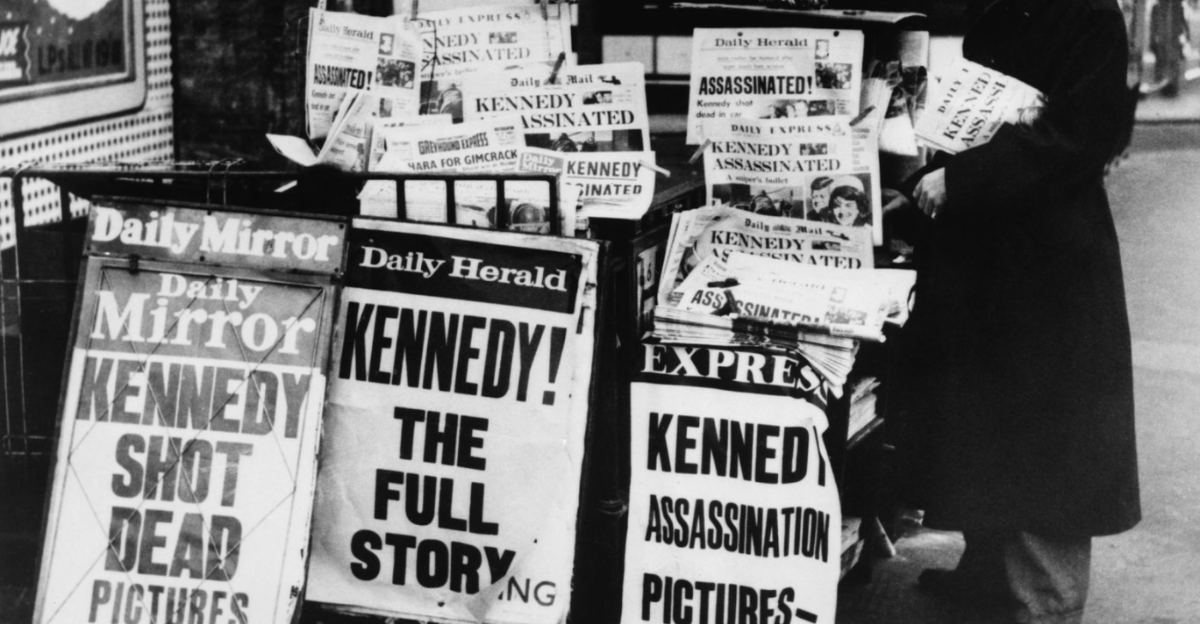
Experts and historians emphasize the lack of credible evidence linking Israel to JFK’s assassination. Declassified documents and academic research support the official conclusion that Lee Harvey Oswald acted alone.
While JFK opposed Israel’s nuclear program, no verified connection exists between this stance and his assassination. Distinguishing speculation from fact is essential to maintain historical integrity and prevent the misuse of sensitive events for political agendas.
Famous Facts about JFK and His Assassination
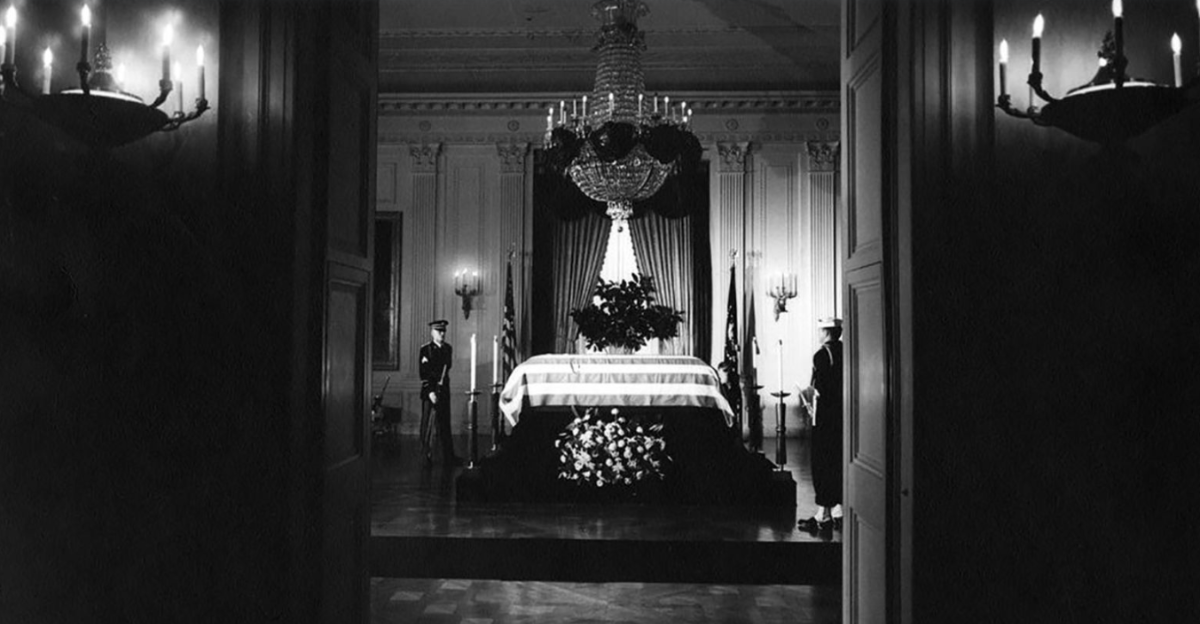
Key verified facts include JFK’s presidency from 1961 to 1963, his assassination in Dallas by Lee Harvey Oswald, and the Warren Commission’s conclusion of a lone gunman. JFK’s legacy is a symbol of hope and tragedy in American history.
His assassination remains a subject of fascination, inspiring extensive research and debate. Despite numerous conspiracy theories, the official record is the most reliable source of the event’s circumstances.

